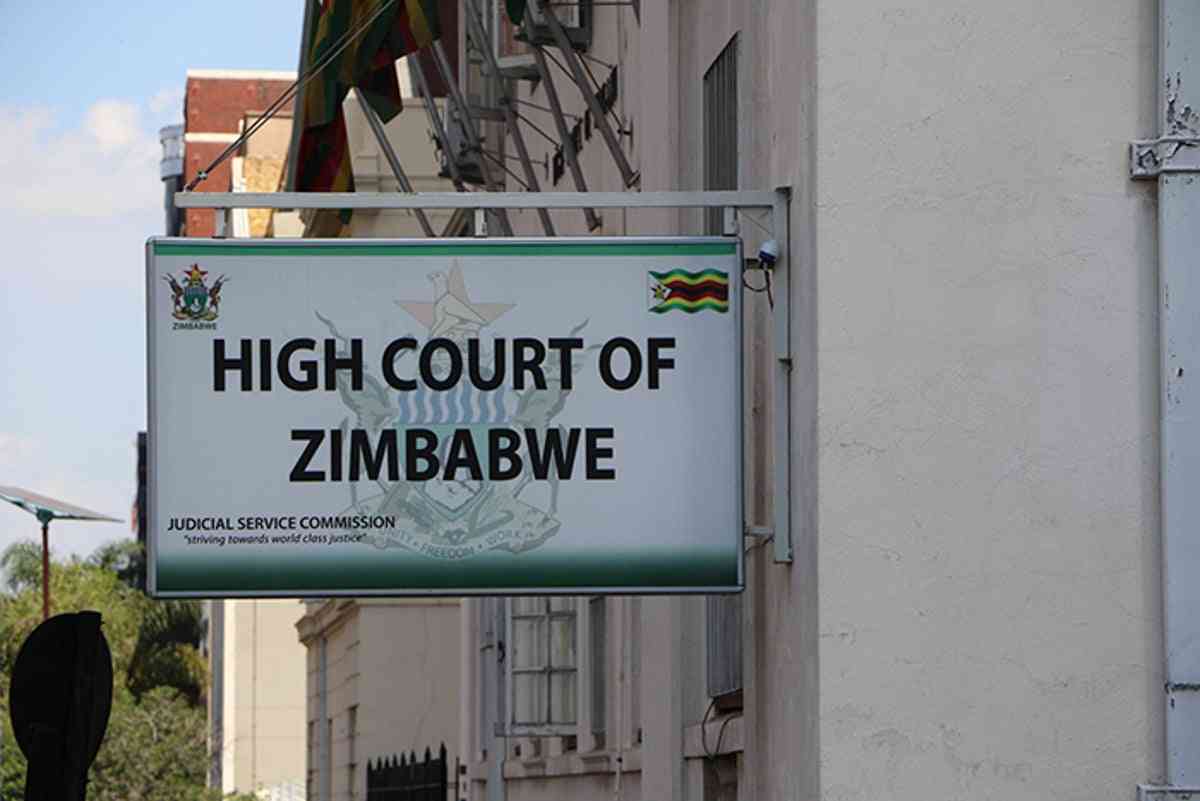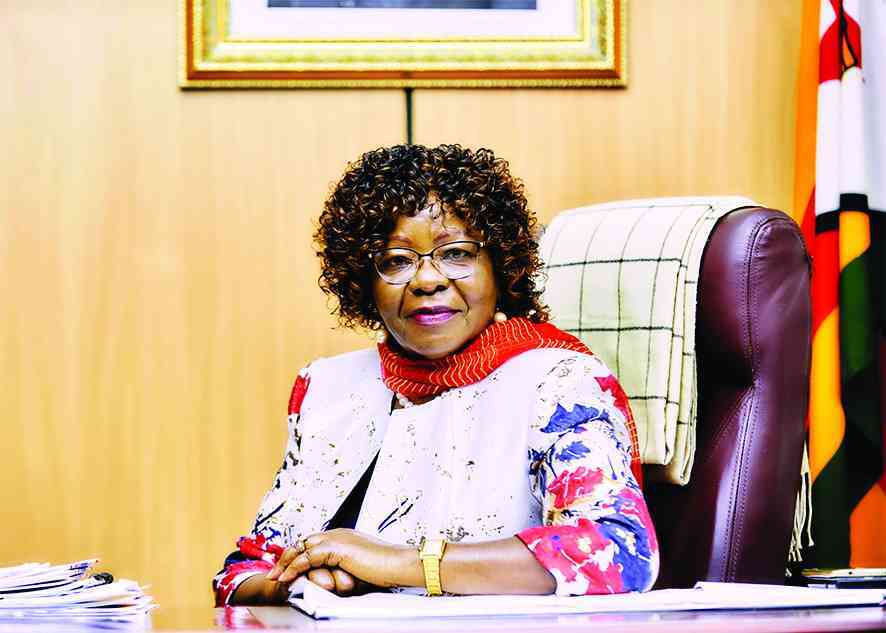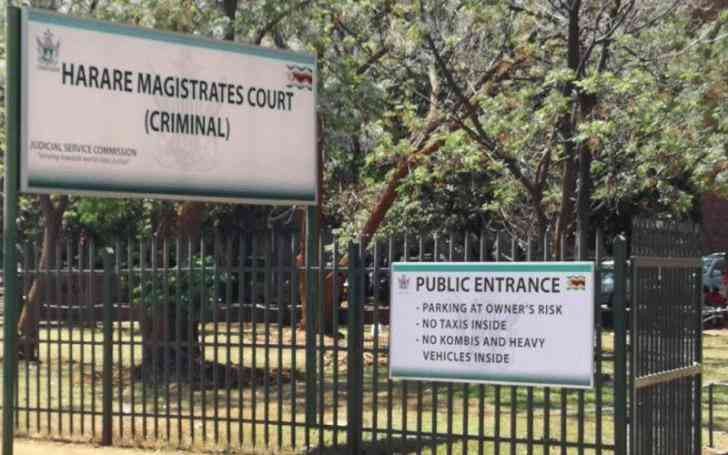TEACHERS are demanding a minimum salary of US$1 260 per month amid a deteriorating environment which has seen a sharp depreciation of the local currency, Zimbabwe Gold (ZiG).
The demands, made during World Teachers Day commemorations held over the weekend, come amid rising prices of basic commodities which has left employees on the brink.
They also come after government recently splurged US$16 million to buy top-of-the-range vehicles for traditional leaders.
In a statement commemorating the day, the Amalgamated Rural Teachers Union of Zimbabwe (Artuz) called for fair, safe labour practices and standards calling on the government to pay a fair and reasonable wage.
“The employer should review salaries and pay a fair wage that enables teachers to cater for basics and have savings. A minimum of US$1 260 is all that teachers are demanding,” Artuz said.
The union also called on the authorities to stop relentless attacks on its members and focus on protecting the freedom of association of teachers.
Keep Reading
- Schools closure fuel drug abuse
- Riding roughshod on restive workers will backfire Mr President
- Schools closure fuel drug abuse
- Riding roughshod on restive workers will backfire Mr President
“Every employee has the right to participate in collective job action, including the right to strike, sit in, withdraw their labour and to take other similar concerted action, but a law may restrict the exercise of this right in order to maintain essential services.
“The Public Service Act should be aligned in a manner that protects the right to strike. Job actions should be protected by the administrators of education.
“The culture of persecuting teachers for embarking on job actions is against the spirit of the national Constitution,” the union said.
The Education Coalition of Zimbabwe (ECOZI) also called on authorities to improve teachers’ welfare.
“Valuing teachers’ voices means acknowledging their expertise, lived experiences, and their potential to offer solutions to the challenges facing education in Zimbabwe.
“It also requires government, stakeholders, and society at large to recognise teachers as key partners in the formulation of education policies and reforms.”
The ECOZI said it stood ready to collaborate with stakeholders in building a new social contract for education, where teachers’ voices are not just heard but acted on.
“Education is an evolving field, and our teachers must be equipped with the tools, skills, and knowledge to keep pace with new teaching methods and technologies.
“The government and other stakeholders must invest in continuous professional development programmes that enhance the quality of education for our learners.
“We call on the government to prioritise teacher welfare by providing fair compensation, better healthcare benefits, and working environments that foster professional growth.”
ECOZI called on the Primary and Secondary Education ministry, as well as other key players to engage teachers in policy discussions, ensuring their perspectives and expertise inform educational reforms.
In his statement, Zimbabwe Teachers Association (Zimta) president Akuneni Maphosa said their voices must be heard, valued and integrated into the fabric of educational reform.
“Recently, the United Nations (UN) High-Level Panel emphasised the critical need for a new social contract for education. This means reimagining how we perceive, value, and support our educators, as well as education itself,” he said.
Maphosa said quality education is not possible without adequate financing.
“Funding for public education should be guaranteed at a level of at least 6% of gross domestic product and 20% total government expenditure, as set out in the Education 2030 Framework for Action and should allow for increasing investment per capita in education.
“Such spending should be transparent and shielded from austerity measures, including in policies promoted by international financial institutions,” he said.
Primary and Secondary Education ministry spokesperson Taungana Ndoro, however, said the the government was committed to providing quality education.
"We only provide quality education and the concerns you are talking about they are directed to other sectors," he said.
As if to pre-empt the demands by teachers, the government told the State-controlled media that it would increase salaries for civil servants and award them a 13th cheque.
“The government has allocated a significant amount of US dollars to ensure that salary adjustments benefit all civil servants,” Public Service minister July Moyo told The Sunday Mail.
The economy has been huffing and puffing following the official devaluation of ZiG. The Reserve Bank of Zimbabwe recently devalued the ZiG to 24,3 per US dollar from 14 among a cocktail of measures to ensure the existence of exchange rate flexibility.
ZiG depreciated further to 25,3578 per dollar on Friday.





